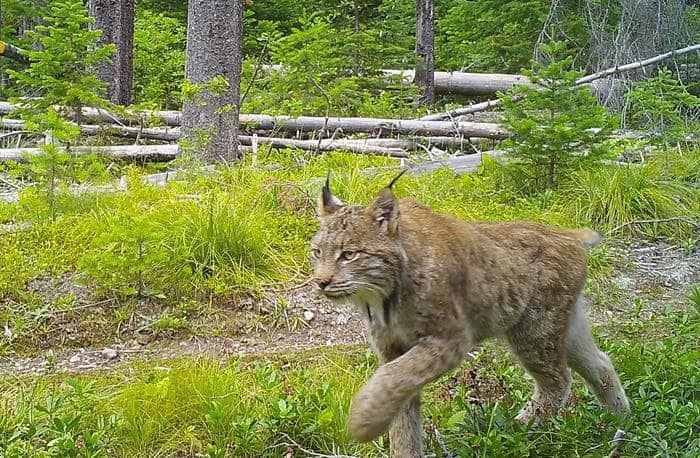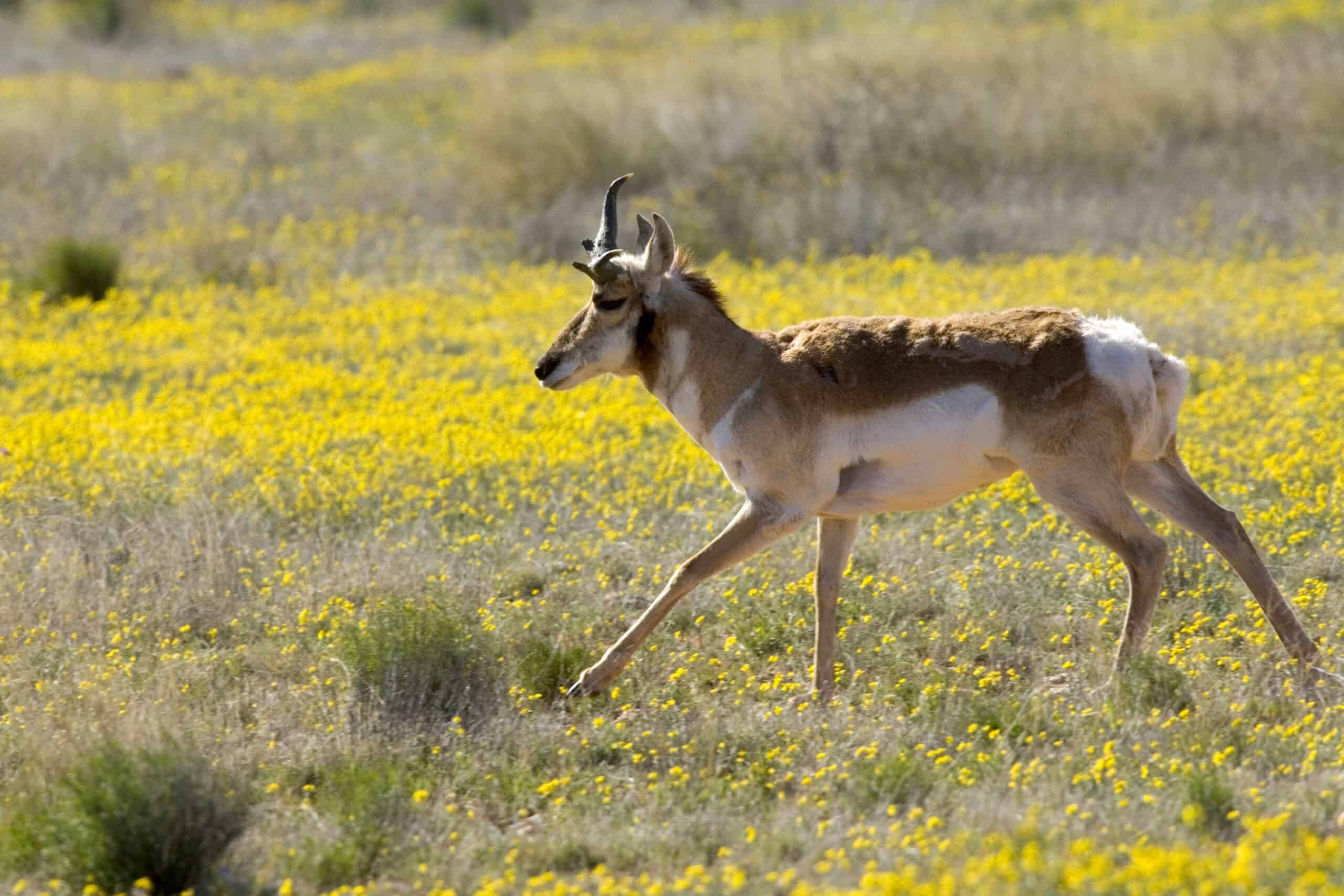Share this article
Winter ticks threaten New England moose
Warmer winters are imperiling New England moose as winter tick numbers swell, resulting in an unprecedented die-off of moose calves. In a study led by TWS member Peter Pekins, researchers counted an average of 47,371 winter ticks on calves. Most adults survived the infestation but were severely compromised. Calves experienced a 70 percent death rate between 2014 and 2016. Researchers say the increase in winter ticks is due to warmer winters and longer warm periods in the spring and fall.
Read the study in the Canadian Journal of Zoology, or the story in the New York Times.
Header Image:
Known as a "ghost moose," this adult moose illustrates typical hair loss associated with high loads of winter ticks. The increased frequency of winter ticks in northern New England is linked to climate change in the form of longer autumns with later snow that lengthens the winter tick season.
©Dan Bergeron, N.H. Fish and Game Dept.








